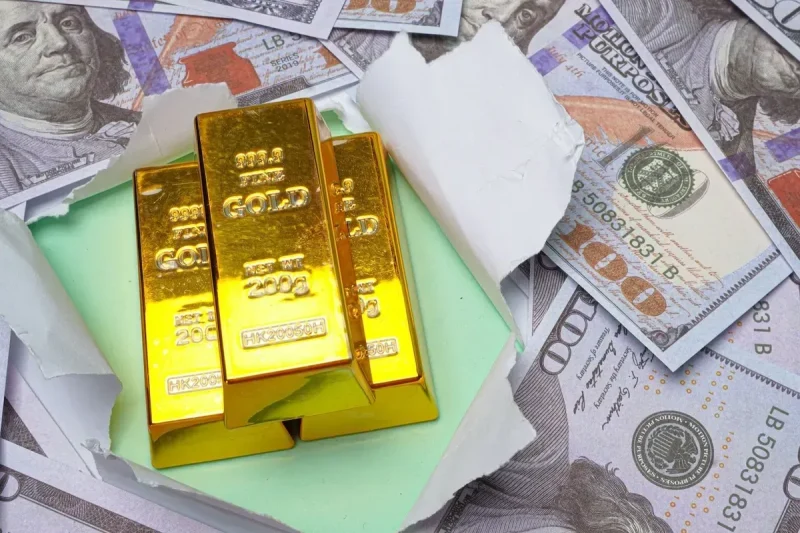Gold’s Moneyness: Experts Debate Inflation, Dollar Dilemma, and Future Highs
The debate surrounding the moneyness of gold has been a topic of discussion among experts for centuries. In today’s economic landscape, with increasing concerns about inflation and the future of the US dollar, the role of gold as a form of money is being scrutinized more than ever before. Let’s delve into the arguments from both sides of the debate and explore the implications for the future.
On one side of the debate are those who argue that gold’s moneyness is undeniable. They point to gold’s long history as a store of value and medium of exchange, dating back to ancient civilizations. Throughout history, gold has been used as a form of money in various societies, underpinning its status as a reliable store of wealth. Proponents of gold’s moneyness also highlight its scarcity and tangible nature, which give it an inherent value that is not subject to the whims of central banks or governments.
Opponents of gold’s moneyness, on the other hand, argue that the era of the gold standard is long gone, and fiat currencies have replaced gold as the primary form of money in the modern economy. They argue that in today’s digital world, the characteristics that made gold a suitable form of money in the past, such as scarcity and tangibility, are no longer as relevant. Critics also point to the challenges of using gold as a medium of exchange in a globalized economy, where digital transactions are the norm.
The debate over gold’s moneyness is further complicated by the current economic climate, with concerns about inflation and the future of the US dollar taking center stage. As central banks around the world engage in unprecedented monetary stimulus measures to combat the economic fallout from the COVID-19 pandemic, there are growing fears of inflation eroding the value of fiat currencies. In this environment, gold is seen by many as a safe haven asset that can protect investors from the erosive effects of inflation.
The future of gold’s moneyness will likely be influenced by a combination of these factors – its historical role as a store of value, the ongoing debate over its relevance in the modern economy, and the current economic uncertainties surrounding inflation and currency values. While the debate may continue among experts, one thing is certain: gold’s allure as a form of money will endure, reflecting its timeless value and appeal as a tangible asset in an increasingly digital world.
